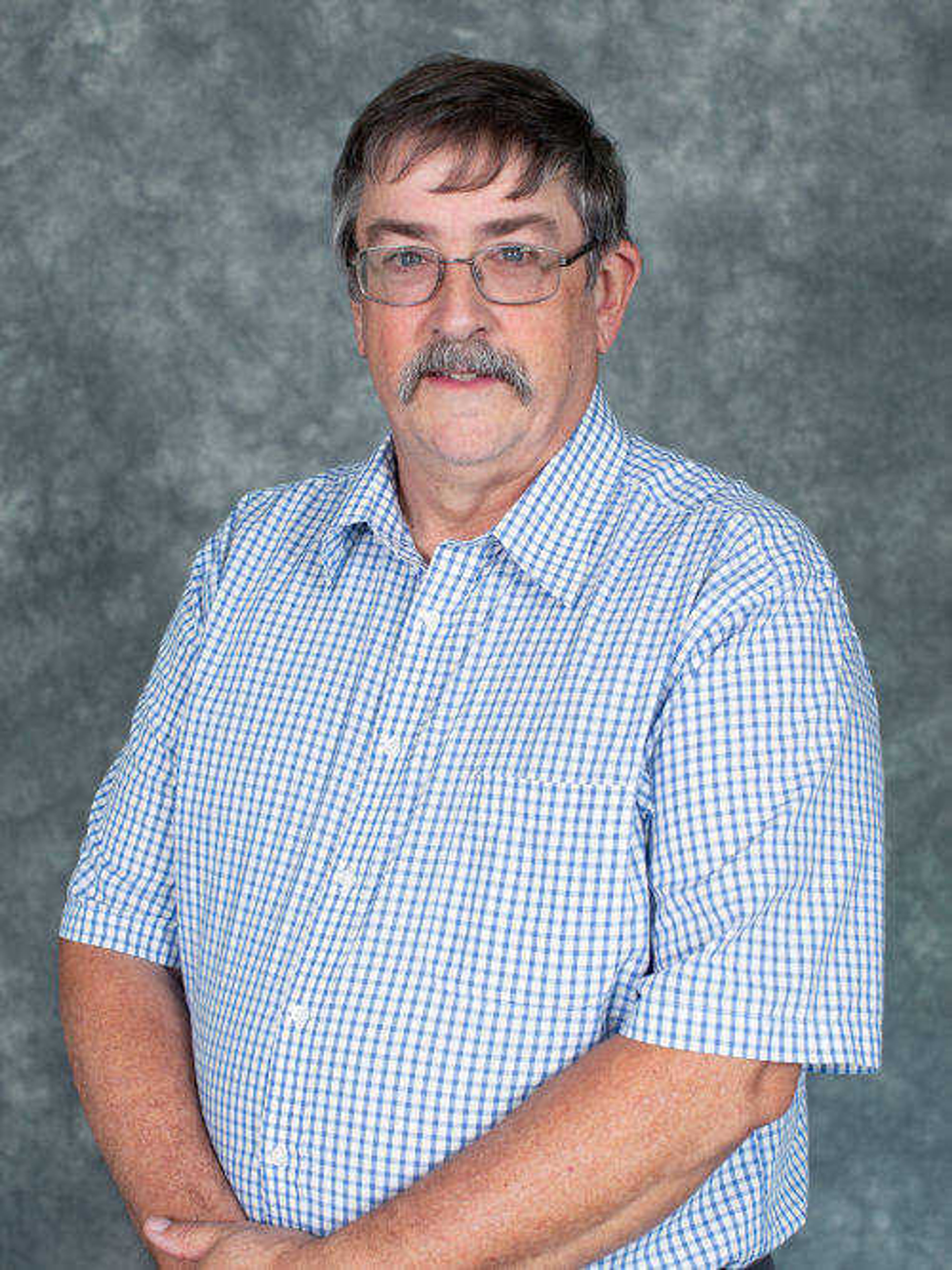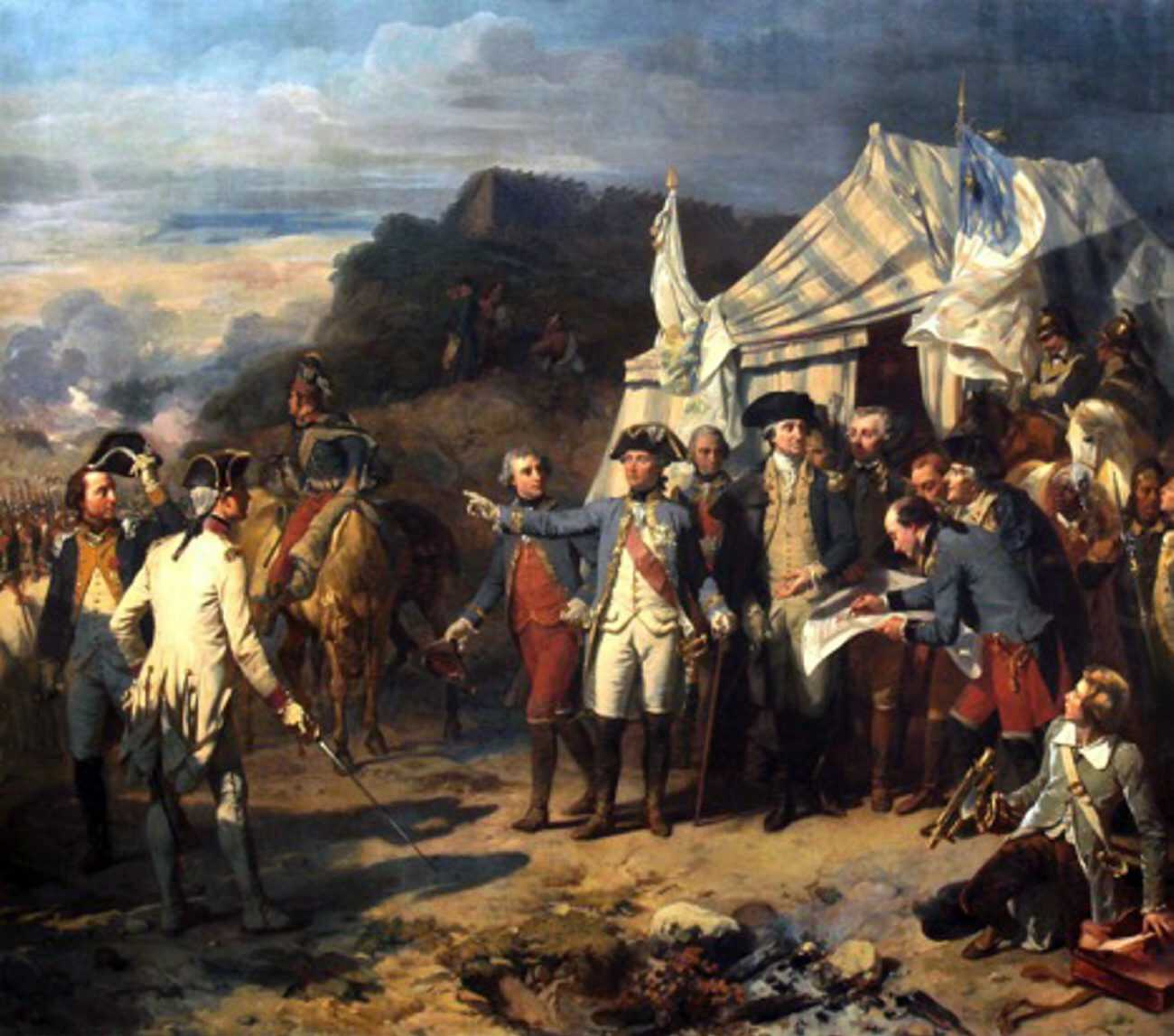Avoid common mistakes in family history research
Many things hinder family history research. The first of these is accepting others' conclusions without question. This has always been a problem, but has become worse with the internet. There is an expression from Cold War days: "Trust, but verify." Use existing family trees for clues, and always examine the records that can support or disprove them. Above all, don't just pass along what you find in others' family trees. Errors and wrong information become no more accurate by repetition...
Many things hinder family history research. The first of these is accepting others' conclusions without question. This has always been a problem, but has become worse with the internet. There is an expression from Cold War days: "Trust, but verify." Use existing family trees for clues, and always examine the records that can support or disprove them. Above all, don't just pass along what you find in others' family trees. Errors and wrong information become no more accurate by repetition.
Many trees posted online list sources. I've found a number of these listing many sources, but when I examined these, it turned out they referred ultimately to only one incorrect original tree. Look for clues for inaccuracy: no sources, children born when mothers were too young or old to have children, marriage dates before birth or after death of the parents, and locations where the event could not have occurred.
Family historians sometimes reject records because the spelling of the surname is different. They insist, "But we have always spelled it this way!" My surname, Eddleman, is a prime example of the problem with assuming the same spelling. I have found 47 different spellings for Eddleman. "Edelmann" was the original German spelling, but various records use Eddleman, Eddlemon, Edelman, Edlemon or Edleman. Some branches generated records with the surname beginning with "A" or "I." This is a particular concern for Scots and Irish surnames beginning with "Mac" or "Mc" and with German/Dutch surnames containing "von" or "van." Variations occurred because of different literacy levels, clerks hearing or writing the name incorrectly, difficulty reading old script, and sometimes intentionally using a different spelling. So, always consider alternate spellings.
Family stories and legends can really make our family history interesting and fun. These are the oral or written stories older family members provide us that they often heard from their elders as children. Many of these derive from true events, but we have to keep in mind that tales vary in terms of accuracy. This is a difficult thing for a lot of new family historians to accept.
The reaction I often hear is that, "my grandmother was not a liar!" Probably not, but the person who told her the story may have gotten it wrong. Perhaps great-grandpa embellished the story a little -- or a lot -- when he told it to his children. Memories fade and merge as people age, and I've found that some stories get "grafted" from one ancestral family to another. It may be that there is a kernel of truth, or it may be that an elderly ancestor heard a story and later thought it was something that happened to them or to their family. You should research the events in a family story if possible, including historical documents from the time of the event. If you can't confirm the story, always indicate where you heard it and that you failed to confirm it.
Finally, it is easy to start with a firm goal for a piece of research, only to have an interesting story or record sidetrack you. Maintain focus! Work on one ancestor at a time and answer the question, putting that interesting tidbit aside for later. Otherwise, you may find yourself with little progress and many dead ends after years of research.
Featured Research Repository
The Cape Girardeau County Archive Center in Jackson opened in 2000. Primarily a repository for county government records and older court records, the Archive also houses the Cape Girardeau County Genealogical Society library. The Archive has over 7,000 square feet of document storage, with approximately a million pages of documentation dating back as far as 1798. This includes some church and school records, documentation on more than 100 cemeteries in Cape County, tax records, marriages and divorces, slavery information, probate records and more.
The Archive Center is at 112 E. Washington St. in Jackson, a brown brick building across the street from the 1908 courthouse and the county administration building. Hours are 8:30 a.m. to 4:30 p.m., Monday through Friday, and 8:30 a.m. to 12:30 p.m. Saturday. Phone 204-2331, email archive@capecounty.us, or message the Cape Girardeau County Archive Center on Facebook.
Connect with the Southeast Missourian Newsroom:
For corrections to this story or other insights for the editor, click here. To submit a letter to the editor, click here. To learn about the Southeast Missourian’s AI Policy, click here.











